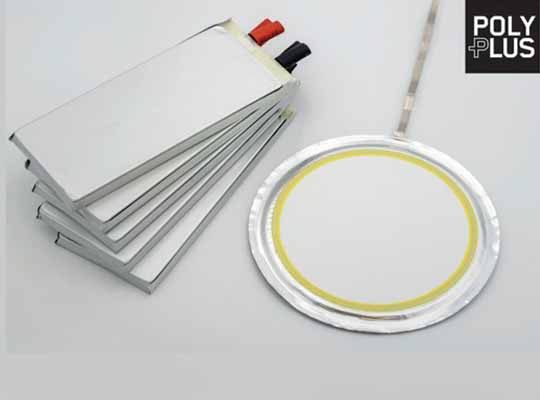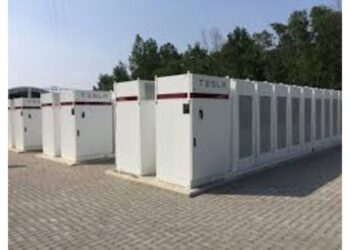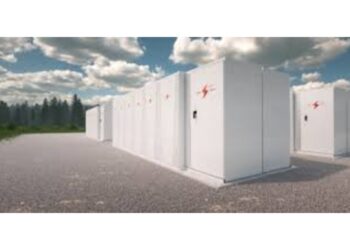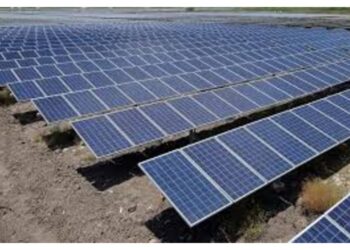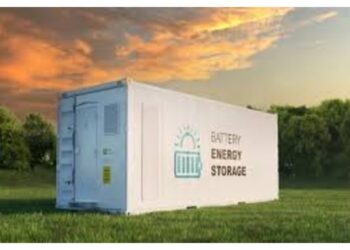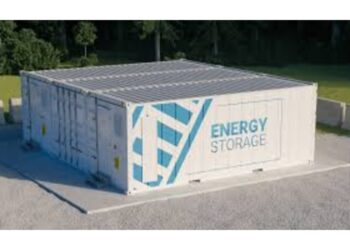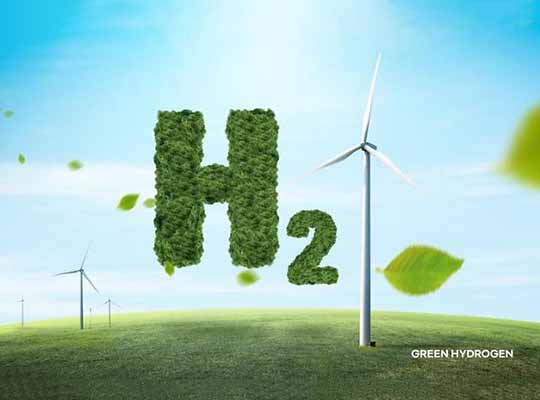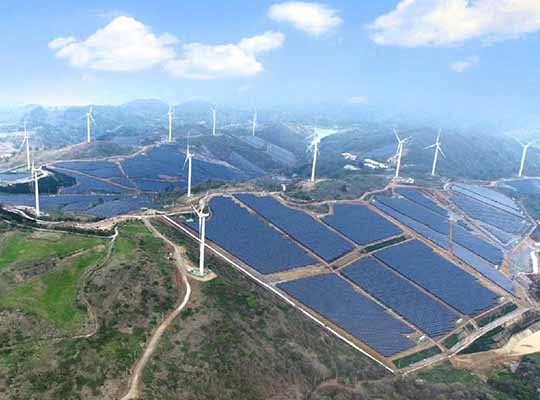BERKELEY, Calif. – PolyPlus Battery Company is pleased to announce that it has installed a pilot manufacturing line for producing advanced Lithium Seawater Batteries (Li/SWBs) for subsea and deep ocean applications. These batteries have unprecedented energy density of 2000 Wh/kg and >1500 Wh/l. The manufacturing line is now fully operational at PolyPlus’ facility in Berkeley, California allowing interested government, academic and industry customers to obtain fully functional batteries in support of applied research and development projects.
Lithium seawater batteries provide key advantages over other primary batteries (such as lithium thionyl chloride) including a 10X increase in energy density along with inherent safety. This revolutionary technology is based on water-stable Protected Lithium Electrodes (PLEs) invented by PolyPlus that enable the construction of pressure tolerant batteries, having zero self-discharge, and exceptional energy density. Depending on size and form factor, the batteries can reach energy densities of 2000 Wh/kg and >1500 Wh/l, which is an order of magnitude greater than competing technologies, including Li-ion. PolyPlus’ Li/SWB represents a game changing technology for long endurance applications, including deep ocean sensors and subsea nodes. Lithium/seawater batteries built by PolyPlus do not require a pressure housing (pressure housings significantly degrade the energy density of conventional batteries) and accordingly Li/SWBs deliver extremely high energy density in practice. They also are close to neutral buoyancy and are exceptionally safe for use and storage on maritime vessels, vehicles and aircraft.
The PolyPlus lithium seawater battery can be arranged in a number of geometric formats, including a tubular stacking of individual cells with a total battery energy that is readily customized (e.g., from 100 Wh to > 10 kWh). Recent Navy-sponsored open water tests of PolyPlus’ batteries with a rated capacity of 200Ah demonstrated and confirmed that the PLE and batteries are capable of deployment and operation without a pressure housing in a relevant operating environment. PolyPlus is also working on high-rate lithium seawater batteries suitable for powering autonomous vessels and in particular for extending the mission duration of unmanned underwater vehicles (UUVs).
Completion of the pilot production line allows government and industry partners to purchase fully operational batteries, validate the performance of the batteries, and enable emerging maritime platforms. Working with PolyPlus’ technical team, customers can modify the form, fit and function of the batteries to meet a broad set of energy needs.
“PolyPlus Battery Company is grateful for the long-term support that we have received from the Office of Naval Research on the development of lithium seawater batteries and more recently from the Defense Production Act Title III program for the manufacture of this game changing battery for marine applications” said Steve Visco, PolyPlus CEO. Visco underscored the important role that the Department of Energy (DOE) has played in early recognition and support of our PLE and PLE based battery technologies. “We are exceptionally thankful to the DOE Advanced Manufacturing Office and ARPA-E (Advanced Research Projects Agency-Energy) for their substantial support of our groundbreaking PLE battery technologies and manufacturing developments,” Visco also said.
For more information, please visit www.polyplus.com.


